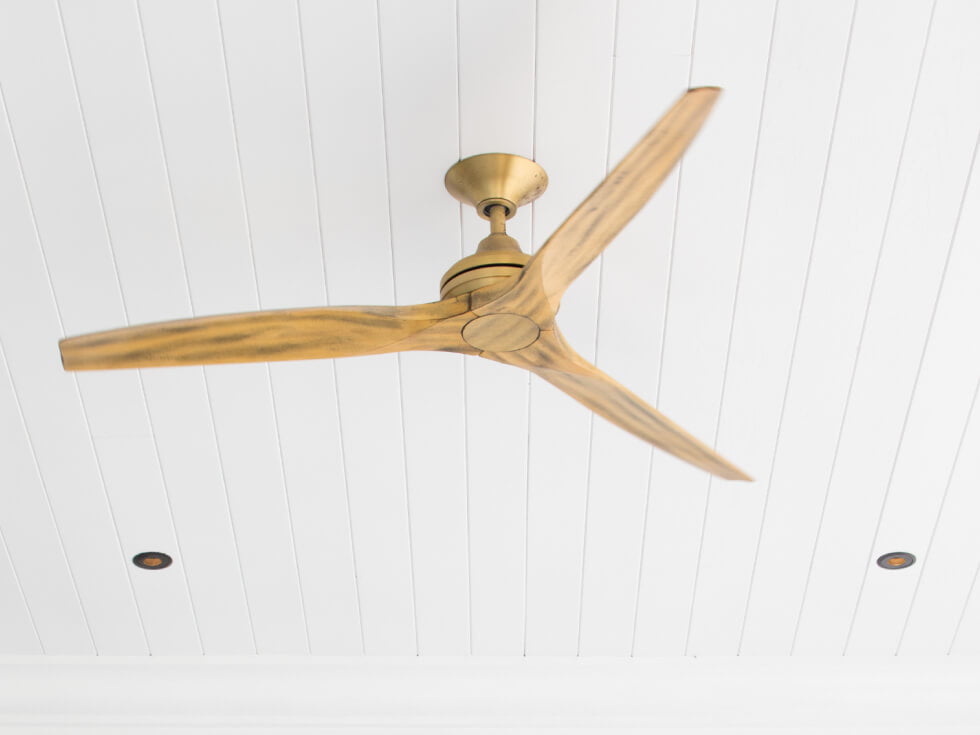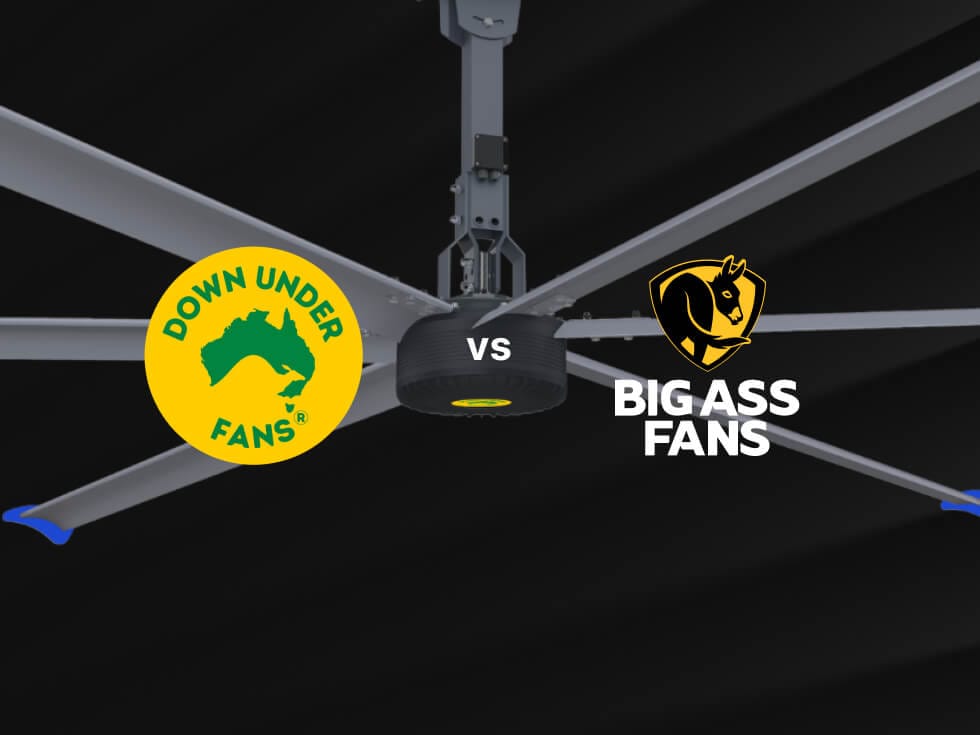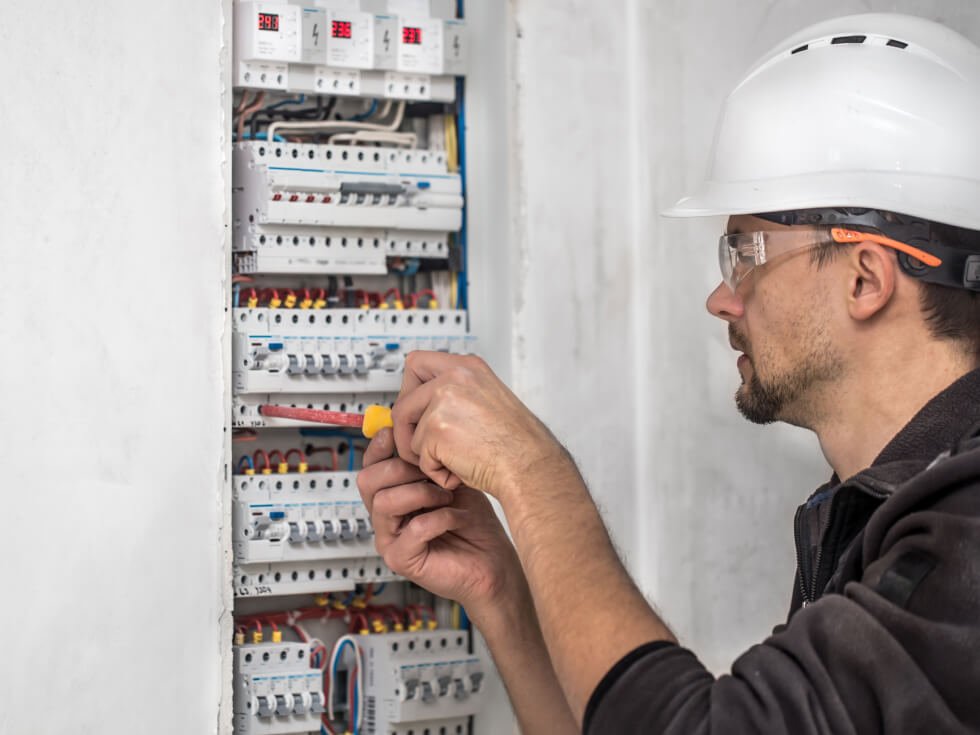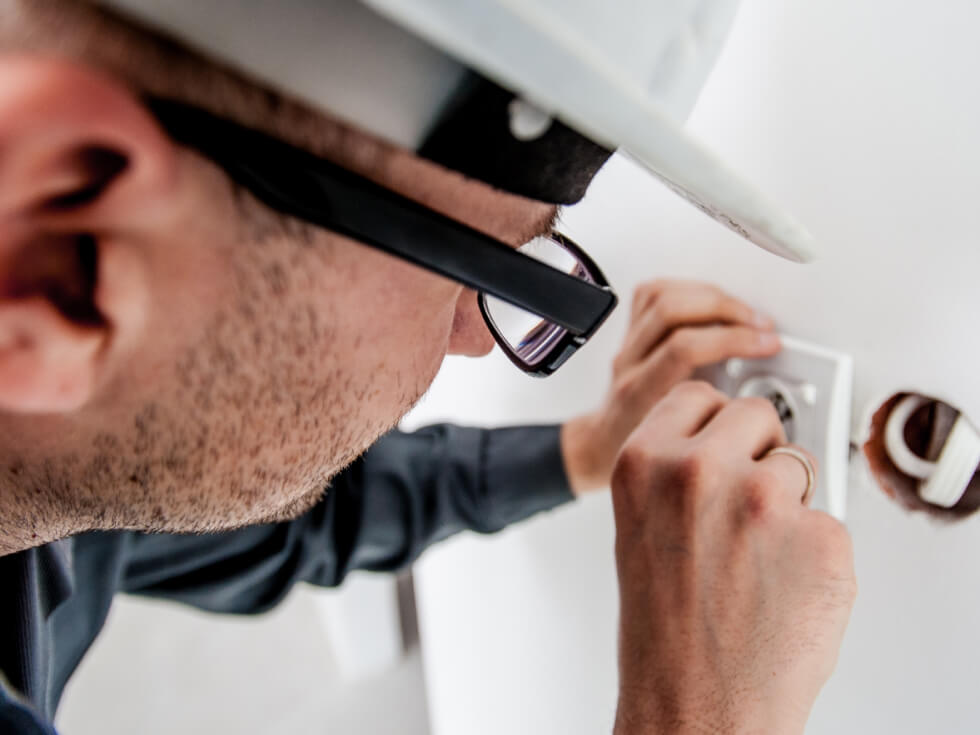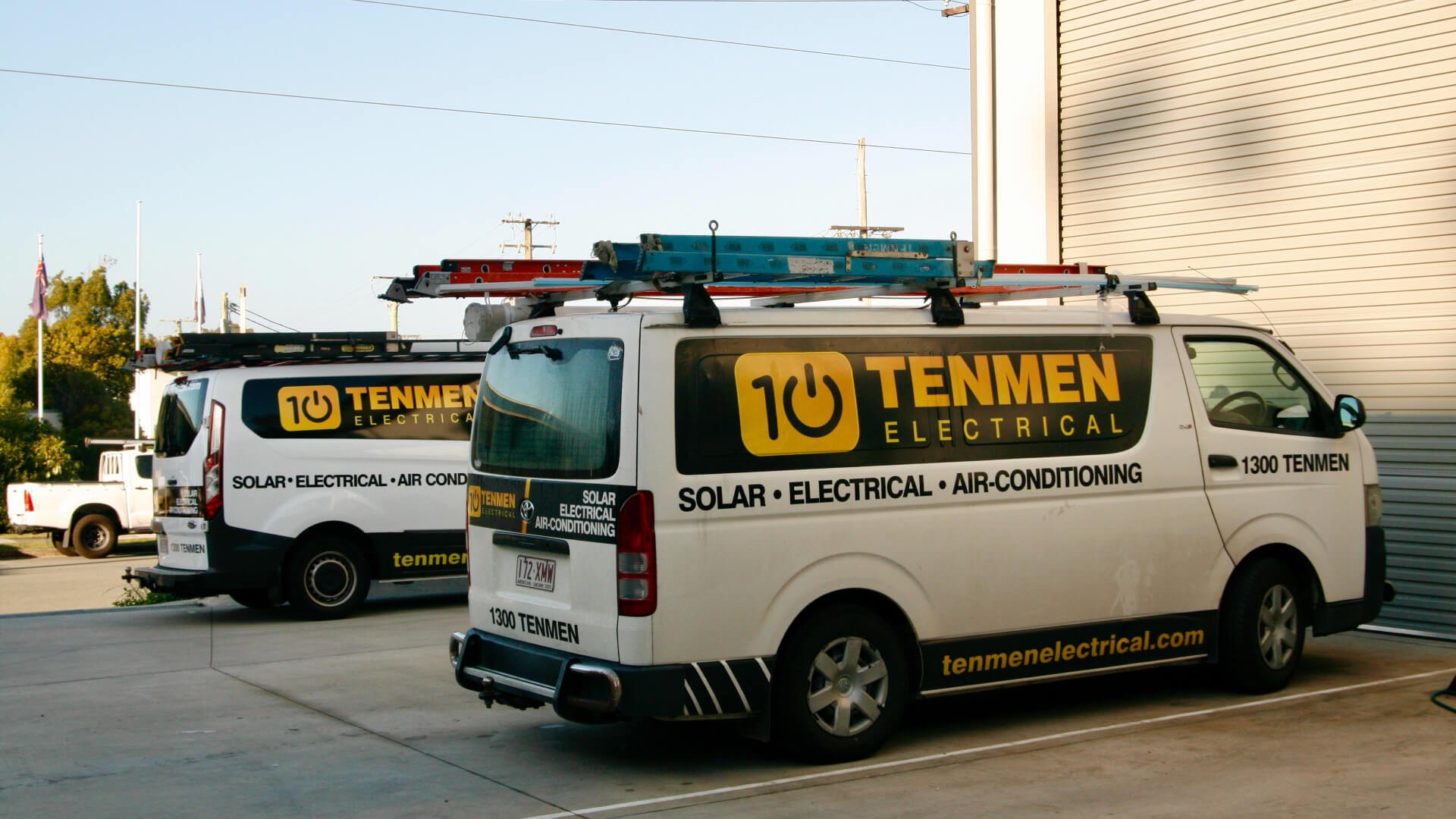Choosing the right ceiling fan isn’t just about aesthetics; it’s also about energy efficiency, performance, and comfort. With technological advancements, ceiling fans now come with different motor types, namely AC (Alternating Current) and DC (Direct Current). But what’s the real difference between them, and which one suits your needs best?
In this guide, we’ll break down the differences, explore the pros and cons of each, and help you decide whether an AC or DC ceiling fan is the better choice for your space.
AC vs. DC Ceiling Fan Motors
AC (Alternating Current) Motors
AC motors are the traditional choice for ceiling fans, running on the alternating current supplied by your home’s electrical grid. They’ve been in use for decades and are known for their reliability and affordability. These fans operate through a simple mechanism where electricity alternates its direction, powering the motor to spin the blades.
While AC fans are cost-effective and widely available, they generally consume more energy and have fewer speed options compared to newer DC fans. Their larger motor design also means they can be bulkier and slightly noisier.
DC (Direct Current) Motors
DC motors are a modern innovation in ceiling fan technology. Unlike AC motors, they use direct current to power the fan. Most DC ceiling fans include a built-in converter that changes the AC power from your home into DC, making them highly energy-efficient.
DC motors are compact, lightweight, and operate more quietly than AC motors. Additionally, they allow for a greater range of speed options and faster start-stop functionality, making them a favorite among those who value convenience and advanced features.
Key Differences Between AC and DC Ceiling Fans
Energy Efficiency
One of the most significant differences between AC and DC ceiling fans is their energy consumption. DC fans consume up to 70% less energy than their AC counterparts, making them an excellent choice for energy-conscious households. This reduced power usage can lead to noticeable savings on electricity bills over time.
AC fans, while less energy-efficient, still perform well for basic cooling needs, especially in areas where fans are not used extensively.
Noise Levels
DC motors are designed to operate with minimal noise, offering a quiet and relaxing environment. This makes DC fans particularly appealing for bedrooms, offices, or any space where noise can be disruptive. On the other hand, AC fans, though not overly noisy, may produce a slight hum during operation due to their larger motors.
Speed and Control Options
DC ceiling fans offer more advanced speed control compared to AC fans. They often come with up to six or more speed settings, allowing users to fine-tune the airflow to their preference. Additionally, DC fans are faster to respond, starting, stopping, or changing speed almost instantly.
AC fans, on the other hand, typically have fewer speed options—usually three. While they get the job done, they lack the precision and flexibility that DC fans provide. This difference is particularly noticeable in modern homes where convenience and adaptability are a priority.
Design and Aesthetics
DC motors are smaller and lighter than AC motors, giving manufacturers more flexibility in designing sleek and modern ceiling fans. This results in fans that are not only functional but also visually appealing, making them a great choice for contemporary or minimalist interiors.
AC fans, while often more affordable, tend to have bulkier designs due to their larger motors. This can limit the range of available styles, but they remain a reliable choice for traditional or rustic decor themes.
Cost Implications
AC ceiling fans are generally more affordable upfront, making them an attractive option for those on a budget. However, they may lead to higher energy costs over time due to their increased power consumption.
DC fans, though more expensive initially, offer long-term savings through reduced energy use. This makes them an ideal investment for those looking to minimise their environmental impact and lower electricity bills in the long run.
Pros and Cons Summary
AC Ceiling Fans
Pros:
- Lower upfront cost.
- Widely available in various styles.
- Reliable for basic cooling needs.
Cons:
- Higher energy consumption.
- Limited speed settings and control options.
- Slightly bulkier and noisier design.
DC Ceiling Fans
Pros:
- Up to 70% more energy-efficient.
- Quieter operation.
- Sleeker designs and lighter build.
- More speed settings and faster response times.
Cons:
- Higher upfront cost.
- Often require remote control for operation, with fewer options for wall-mounted controls.
Making the Right Choice for Your Space
Factors to Consider
- Budget: If you’re working within a tight budget, AC ceiling fans provide a cost-effective solution.
- Energy Efficiency: For those looking to save on energy costs and reduce their carbon footprint, DC fans are the better choice.
- Control Features: DC fans are ideal for those who value precise speed control and advanced functionality.
- Design Preferences: If aesthetics are a priority, DC fans offer a broader range of modern and minimalist designs.
- Usage: For rooms where fans are used frequently, the energy savings from a DC fan can outweigh its higher initial cost.
Looking to install a new ceiling fan?
Trust Tenmen Electrical, your full-service provider for AC and DC ceiling fan installation on the Sunshine Coast. We are experienced in installing all types of ceiling fans and can provide you with the best advice on which type would be best suited to your home. Feel free to contact us, and we’ll happily answer any questions you may have!

